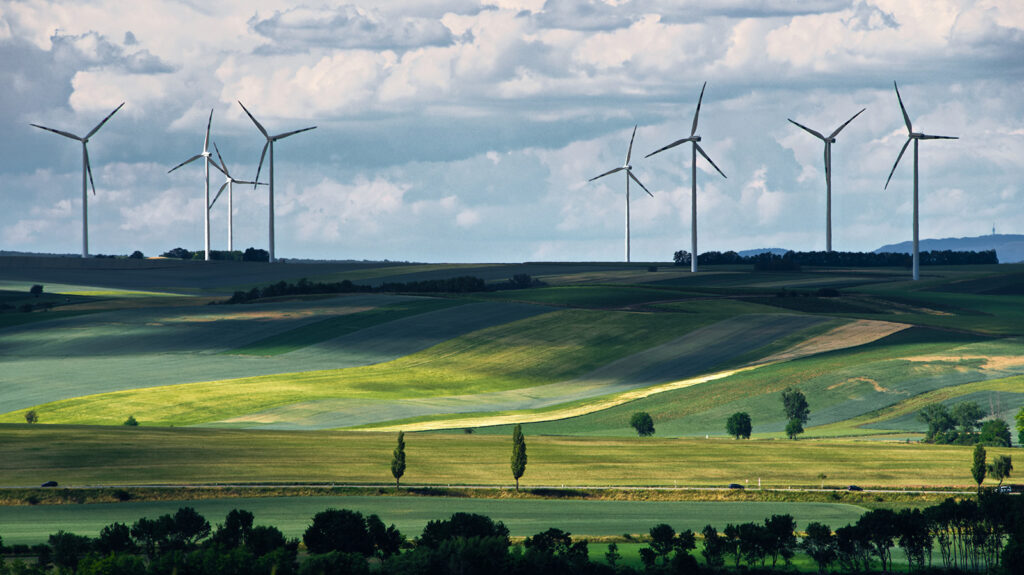Read in
While the country excels in areas like renewable energy development, resource allocation, and environmental protection are a persisting issue.
Rabat – Morocco is no exception as the world grapples with the increasingly dire consequences of climate change, the Moroccan National Council for Human Rights (CNDH) has argued, citing the country’s pressing climate-related challenge as ranging from diminishing water resources to increased pressure on agricultural sectors.
In a note released on Friday ahead of a roundtable on the subject, CNDH notably documented how the wide-ranging impacts of climate change disproportionately affect vulnerable groups across Morocco, particularly in rural areas.
Climate change is threatening the right to water and the right to food, evident in the clear possibility of increased climate migration, especially the alarming water scarcity at 500 cubic meters per capita annually, says the note.
Round table at CNDH
Climate change is directly affecting the agriculture sector, despite Morocco’s attempts to modernize the sector, it still heavily relies on rainfall. The sector represents 20% of GDP and employs a significant portion of the workforce.
Morocco’s rural population is highly exposed to the detrimental effect of climate change on agriculture, as three-quarters of workers in rural areas (65.8%) are engaged in agriculture, forestry, and fishing, data from the High Commission for Planning (HCP) indicates.
The report argues that Morocco needs to develop a coherent policy to face this challenge.
“Public policies at the national level collide with the lack of unified visions among stakeholders, with emphasis on renewable energy often at the expense of some intertwined environmental priorities that do not affect fundamental rights (such as the right to water, food, health, employment, and a clean environment),” says the document.
While the North African country excels in areas like renewable energy development, issues of resource allocation and environmental protection persist.
“The impact of climate change on human rights cannot be understated,” the report says, stressing that Morocco’s vulnerable populations face challenges related to access to water, food security, and livelihoods due to climate-induced events like droughts and desertification.
Speaker at the round table
In addition, existing environmental laws often fall short of adequately addressing these human rights concerns.
The country has made significant strides in transitioning to clean energy, with ambitious goals to increase renewable energy capacity by 2030. The transition not only contributes to climate resilience but also presents opportunities for job creation and sustainable development.
The climate action in Morocco, as in the rest of the world, is centered around intergenerational equity.
The Stockholm Declaration on the Human Environment and the three Rio Conventions on Biological Diversity in 1995 marked a focal point in the climate action in Morocco.
Since that declaration, Morocco has actively engaged in global climate action efforts. The country hosted the United Nations Framework Convention on Climate Change (UNFCCC) Conference of the Parties (COP) in Marrakech in 2001 (COP7) and 2016 (COP22).
Morocco has made significant progress in the field of climate performance, being considered one of the best-performing countries in three key areas: greenhouse gas emissions reduction, energy use, and climate policy.
On the legal framework underpinning the climate fight, the CNDH report explains that Morocco’s policy can be classified as “sufficient to some extent or semi-sufficient.” Such an assessment takes into account the measures the country has taken of late and the adaptation and mitigation efforts it has made in recent years at both domestic and international levels.



